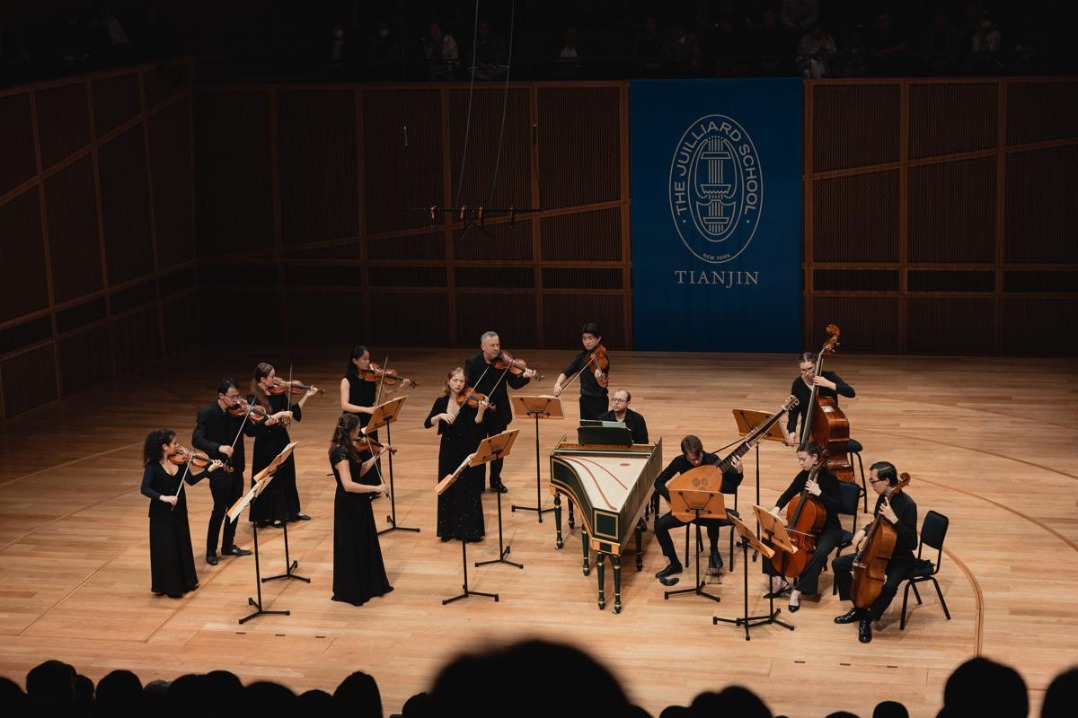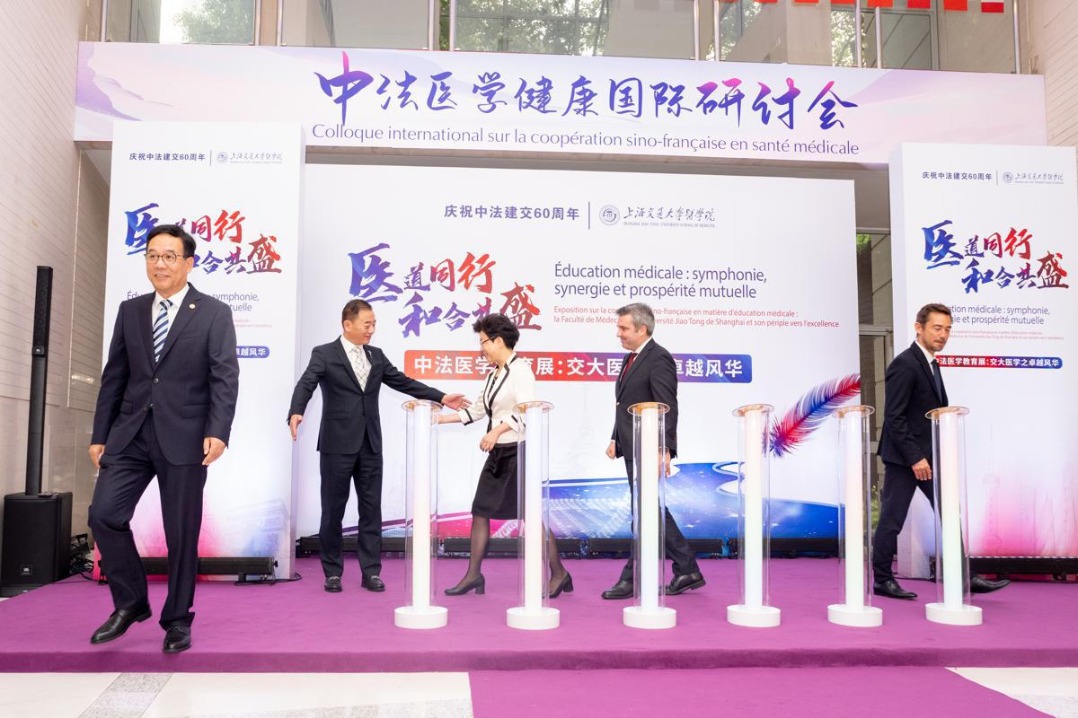Chinese students account for nearly half of overseas enrollments in Japan

Students from the Chinese mainland are the largest source of international students in Japan, accounting for about 45 percent of enrollments, according to a report released recently by overseas education consultancy EIC Education.
The 2024 Report on Studying Abroad in Japan said the country had 231,146 international students in May 2022, with 103,882 from the Chinese mainland. While the number was down slightly from the previous year, Chinese mainland students were still the biggest component of Japan's international student population, followed by Vietnam and Nepal.
The University of Tokyo, Waseda University and Ritsumeikan University had the most international students, and human sciences, social sciences and engineering were the most popular majors, the report said.
Data from university websites in Japan shows that the overall admission rate for undergraduate programs at the University of Tokyo last year was 32.3 percent, while at Waseda it was 15.9 percent.
Admission rates for graduate programs were higher. For a master's degree at the University of Tokyo, it was 46.74 percent, while at Nagoya University it was 52.3 percent for a master's, and 79.9 percent for doctoral programs.
Guo Yuxin, a graduate language sciences student at Hokkaido University, said Japanese universities provide substantial support for international students' academic research.
She applied for a reduction in tuition fees when she started her first year, and the annual fees were lower than some professional master's programs in China, Guo said.
"The university also offers various scholarships and subsidies for graduate studies, which truly help researchers focus on and finish their academic assignments," she said.
Guo added that she would pursue a doctorate after graduation, and take on a teaching position at a Japanese higher education institution.
Tuition fees in Japan vary, depending on the type of school, with public universities charging around 582,000 yen ($3,737) a year. Tuition fees at private universities range from 970,000 to 2.16 million yen, depending on the major, the report said.
It added that monthly rent in Tokyo is about 54,000 to 86,000 yen. Students can work for up to 28 hours a week, and the average hourly wage in Tokyo is a little over 1,000 yen.
EIC Education said applications for human and social sciences programs accounted for 30 percent of the total last year, as did applications for engineering majors.
Wen Qi is preparing to study in Japan next year after graduating from the Communication University of China. The 22-year-old, who is majoring in broadcast and television, plans to pursue a master's degree in sociology or anthropology.
She aims to enroll at the University of Tokyo, where costs are lower than at most universities in the United States and European countries.
While the value of studying abroad has diminished now that such opportunities are not limited to wealthy or brilliant students, many students still want to broaden their perspectives by studying at more affordable overseas institutions.
"I've chosen to study in Japan to experience more and satisfy my curiosity about the broader world," Wen said.
Compared with pursuing further education through competitive entrance examinations at home, Wen said the enrollment system in Japan is more suitable for students focused on academic research, because the professor should be willing to coach her and formulate a research plan before she applied for the program.
It would take roughly the same time to earn a doctorate at home or in Japan, but Wen said she had a better chance of enrolling at a university with a high global ranking in Japan.
She said she could apply for a tuition fee reduction of at least 70 percent at a public university in Japan, and even the 1.55 million yen it would cost her to study at a private Japanese university such as Waseda for a year was less than the cost of studying in the US, which could be as high as $25,000 a year.
Wen said she would prefer to work in China after obtaining her doctorate or working for a few years in Japan, but she didn't expect to land a superior job or earn more money than her doctoral peers in China.
"In the past, education credentials were often linked with a certain social status, such as salary," she said. "But now, I believe education background is simply an indicator of your learning ability.
"Attaining a doctorate only indicates your potential as a researcher. It does not definitely mean you are capable of earning a monthly salary of 10,000 or 20,000 yuan ($1,384 to $2,768)."
Liu Shenshi contributed to this story.
- Zhang Youxia meets with visiting Russian Defense Minister Andrei Belousov
- Former political advisor of Xinjiang arrested for suspected bribe-taking
- Full cooperation for smooth transition to new governmental team, says Ho Iat-seng
- Hong Kong-born giant panda cubs leave incubators, develop distinctive markings
- China's top political advisor urges uniting private sector toward Chinese modernization
- Giant pandas make their way to US capital





































